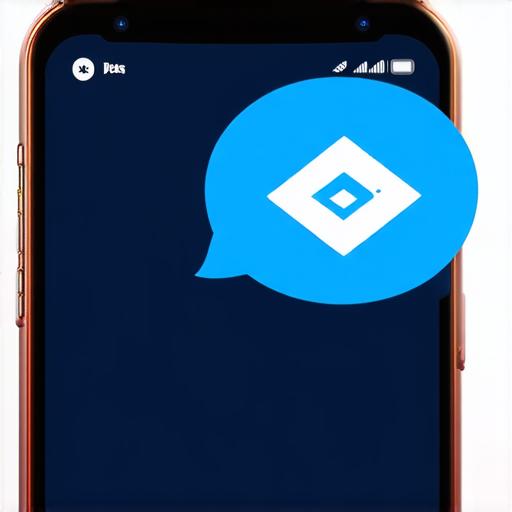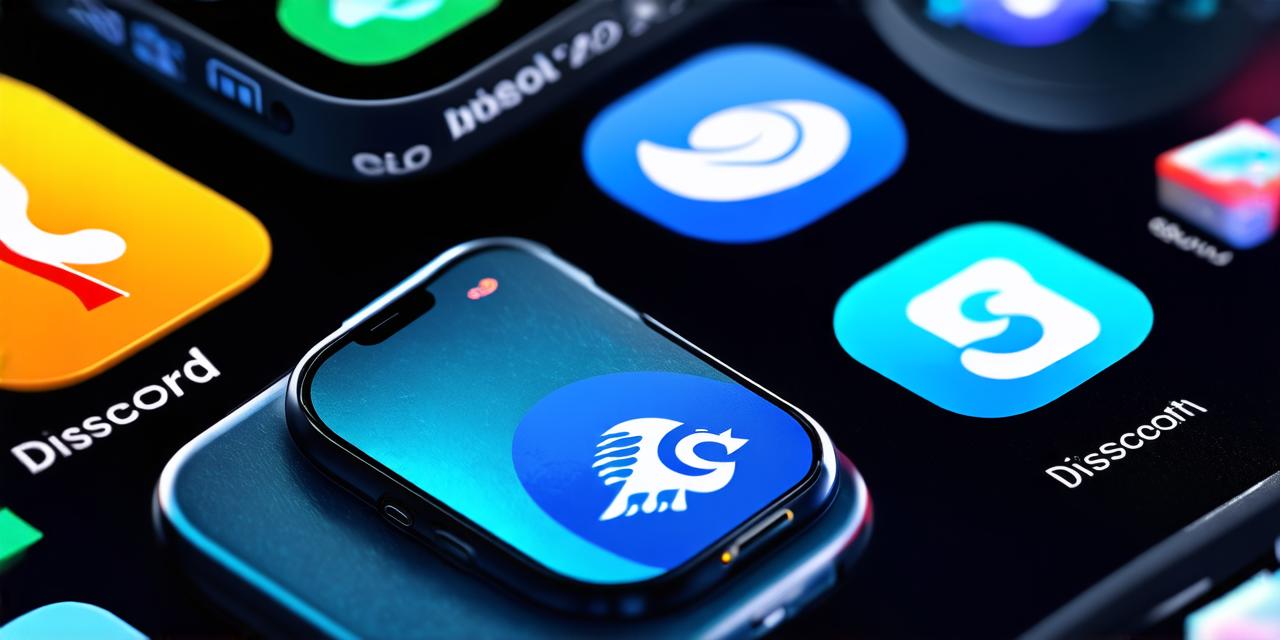
Introduction
Discord is a popular communication platform used by millions of gamers worldwide. In addition to its voice and text chat features, it also provides screen sharing capabilities that allow users to share their gameplay with others. However, some game developers have expressed concerns about the possibility of Discord revealing sensitive information about their players’ mobile gaming habits.
Does Discord Show What Game You’re Playing on Mobile?
Discord is primarily designed as a communication tool for gamers, and it has several features that make it an attractive platform for sharing gameplay with others. One of these features is screen sharing, which allows users to share their screen with others in real-time. However, some game developers have expressed concerns about the possibility of Discord revealing sensitive information about their players’ mobile gaming habits.
For example, if a user is playing a game that uses location-based services or other sensitive data, this information could potentially be shared through Discord’s screen sharing feature. This has led some game developers to wonder whether Discord reveals what game you’re playing on mobile.
To answer this question, it is important to understand how Discord works. When a user shares their screen, the platform captures an image of the user’s screen and sends it to the recipient. This means that if a user is playing a game that uses location-based services or other sensitive data, this information could potentially be shared through Discord’s screen sharing feature.
However, it is worth noting that Discord does not have access to any additional data beyond what is displayed on the user’s screen. This means that if a user is playing a game that uses location-based services or other sensitive data, this information will only be visible to other users who are also sharing their screen.
In addition, Discord has implemented several features to protect user privacy. For example, it allows users to control which applications and services have access to their screen and other personal data. This means that if a user is playing a game that uses location-based services or other sensitive data, they can choose not to share this information through Discord’s screen sharing feature.
Concerns about Privacy in Mobile Gaming
The possibility of Discord revealing what game you’re playing on mobile has raised concerns among some game developers about the privacy of their users. In addition, mobile gaming apps often collect a significant amount of personal data from their users, including location data, device information, and user behavior. This raises questions about how this data is being used and who has access to it.
To address these concerns, many game developers have implemented measures to protect user privacy. For example, they may limit the amount of data that they collect or anonymize user data to prevent it from being traced back to individual users.
However, even with these measures in place, there is still a risk that sensitive information could be shared through Discord’s screen sharing feature or other communication tools. This highlights the importance of educating users about the potential risks associated with sharing personal information online and providing them with the tools they need to control their privacy.
Case Studies: Protecting User Privacy in Mobile Gaming
There are several examples of game developers taking steps to protect user privacy in mobile gaming. One such example is the popular puzzle game Candy Crush Saga, which has implemented a feature that allows users to control which apps have access to their location data. This means that if a user is playing Candy Crush Saga while using Discord’s screen sharing feature, they can choose not to share their location with other users.
Another example is the mobile gaming app Angry Birds, which has implemented a feature that allows users to control which apps have access to their device information. This means that if a user is playing Angry Birds while using Discord’s screen sharing feature, they can choose not to share their device information with other users.
